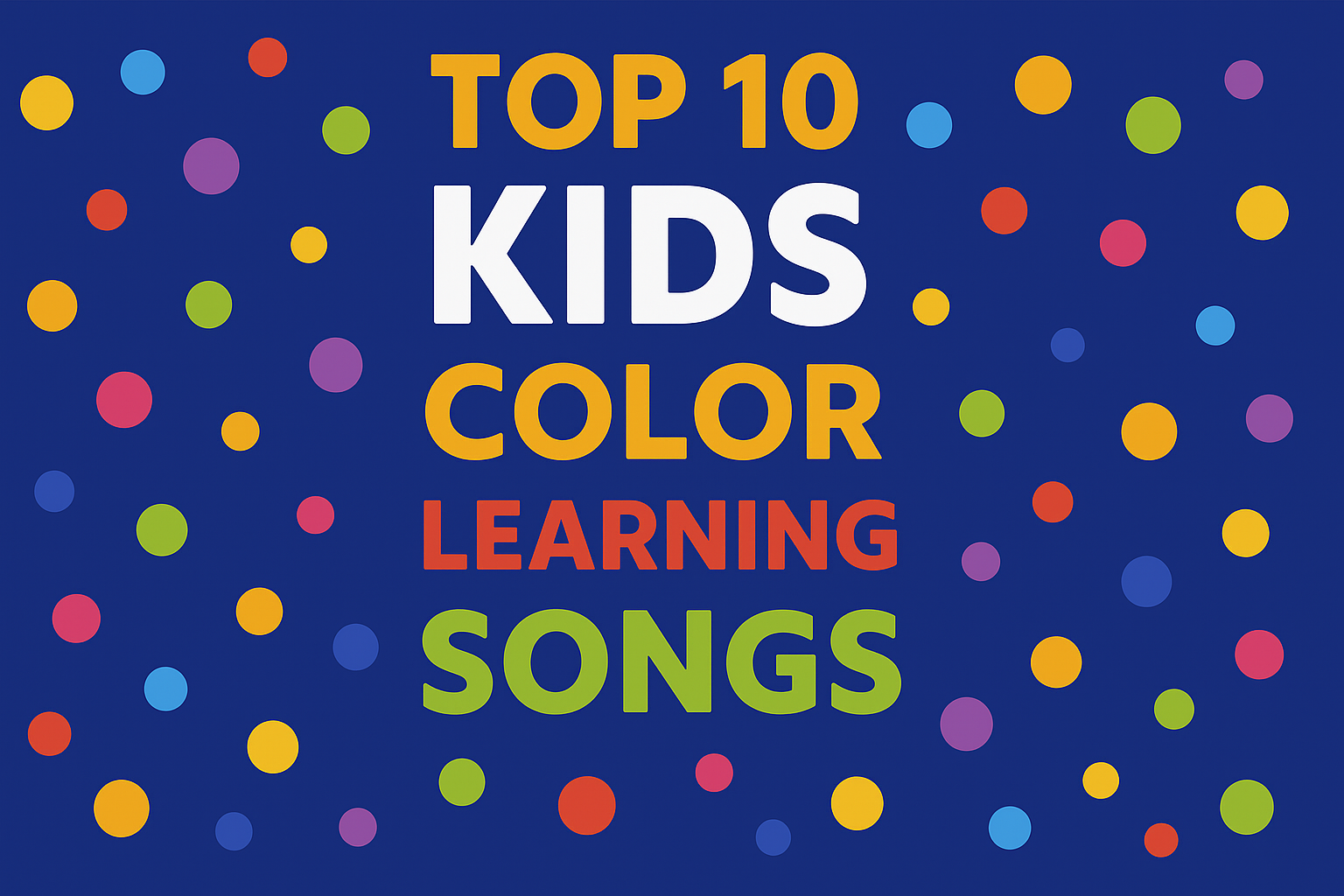
5 Benefits of Having School Counselors in High School
High school is an exciting time for students as they navigate through their adolescent years in an academic environment beneficial for growth. But it can also be pretty challenging, filled with academic pressures, social anxieties, and personal struggles. This is where school counselors come in, providing essential support to students during their high school journey. In this article, we’ll explore the benefits of having school counselors in high school and why school administrations should always have qualified counselors on board.
Emotional Support
The teenage years can be a time of significant emotional turbulence as students grapple with changes in their bodies, relationships, and sense of identity. During this time, school counselors play a crucial role in providing emotional support to students. By offering a safe and confidential space for students to discuss their concerns, school counselors can help alleviate stress, anxiety, and depression. They may also provide individual or group counseling sessions to help students build coping mechanisms and develop strategies for managing difficult emotions. Additionally, school counselors can identify when students may require more intensive support from outside resources and help connect them to those services.
While school counselors provide valuable emotional support to students in various areas, it is essential to note that not all counselors have trauma and crisis counseling training. Traumatic events such as accidents, sexual assault, and acts of violence can have profound and long-lasting effects on individuals. Students who experience such events must receive specialized support. Untrained counselors can be ill-equipped to deal with extreme cases of trauma and may even unintentionally cause harm by not providing appropriate care. Conversely, counselors who have earned a master’s in trauma and crisis counseling have received specialized training in identifying and addressing the psychological effects of traumatic events. They can provide crisis intervention services and offer evidence-based therapeutic interventions to help students overcome the adverse effects of trauma.
Academic Guidance
School counselors are valuable resources for students seeking academic guidance. They provide various services to help students identify their academic strengths and weaknesses, set achievable goals, and develop effective study habits.
Counselors can provide personalized guidance and support to help students overcome academic obstacles and maximize their potential. One of the primary ways in which school counselors support academic success is through one-on-one meetings with students. These meetings may involve reviewing academic progress, identifying improvement areas, and setting future goals.
In addition to one-on-one meetings, school counselors may provide resources and guidance on effective study habits. Several studies have found counseling intervention to be linked with better grades, improved interpersonal relationships, and decreased anxiety levels among students.
Career Guidance
High school students are at a pivotal point in their lives where they start thinking about their future careers. However, with so many options available, choosing a career path that aligns with their interests, skills, and values can be overwhelming.
Counselors can help students identify their strengths and interests through assessments and self-reflection exercises. From there, they can guide students toward careers matching their preferences. They can provide resources such as career exploration websites and internship opportunities to help students gain valuable experience in their desired fields.

In addition to helping students identify potential career paths, school counselors can assist with the steps necessary to achieve those goals. It may include helping students create resumes and cover letters and helping them prepare for interviews. Counselors can also provide information about college and vocational school options. They can assist students in obtaining necessary documents and transcripts for their college applications and help them prepare for college interviews. They can also guide writing college essays and personal statements and review application materials to ensure they are complete and competitive.
Conflict Resolution
High school comes with inevitable conflicts with peers and others in the school community. School counselors can provide valuable support in teaching students practical conflict resolution skills to manage these situations.
Counselors can also help students develop problem-solving strategies to manage conflicts. This may include teaching them how to identify the root of the problem, brainstorm possible solutions, and evaluate the pros and cons of each option. Counselors can also help students understand the importance of compromise and negotiation in resolving conflicts.
In addition to teaching students effective communication and problem-solving skills, school counselors can also mediate conflicts between students. Counselors can facilitate a conversation between the parties involved and help them identify the underlying issues causing the conflict to work towards a mutually agreeable solution. When conflicts escalate and cannot be resolved through communication alone, school counselors can step in as neutral mediators to help students reach a resolution.
Community Outreach
Community outreach can provide students with valuable experiences that enhance their personal and academic growth while giving back to their communities. Counselors can help identify local organizations and service opportunities that align with their interests and values. It may include volunteer work with nonprofits, service projects with local government agencies, and internships with local businesses. Counselors can also provide resources for scholarships and grant opportunities.
Community outreach can also be valuable for developing interpersonal skills, cultural competence, and leadership skills. Counselors can help students understand the importance of giving back to their communities and the positive impact service can have on their personal growth.
In addition, community outreach can also serve as a networking opportunity for students, connecting them with community leaders and professionals who can provide mentorship and career guidance.
Conclusion
In conclusion, school counselors are critical in supporting high school students in all aspects of their lives. From academic advising to career guidance, conflict resolution to college readiness, and community outreach to mental health support, counselors provide a wide range of services that help students succeed in and out of the classroom.
By working closely with students, counselors can provide personalized support that addresses each individual’s unique needs and challenges. They can also collaborate with teachers, parents, and community members to create a supportive resource network that enhances student success.




